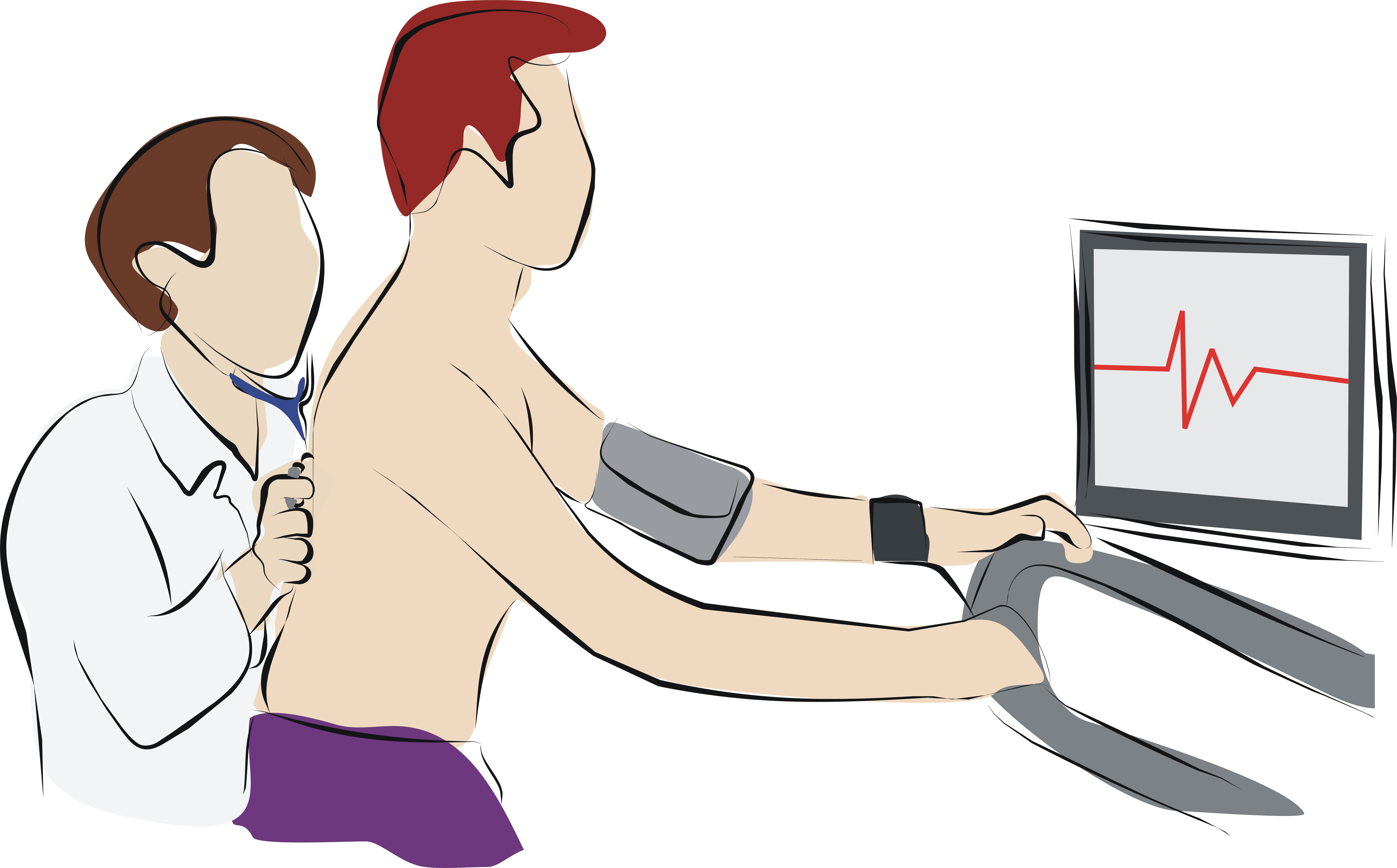Researchers at Tokushima University Hospital in Japan recently revealed that the 6-minute walk (6MW) stress echocardiography test can be considered a valuable prognostic tool for pulmonary hypertension in patients with connective tissue disease (CTD). The study was published in the Journal of the American College of Cardiology and is entitled “Prediction of Future Overt Pulmonary Hypertension by 6-Min Walk Stress Echocardiography in Patients With Connective Tissue Disease.”
CTD refers to a group of medical disorders that involve tissues that support organs and other body parts, namely cartilage, bone and adipose tissue. This type of disorder often involves the skin, muscles and joints, although other organs such as the heart, lungs and blood vessels can also be affected. CTD patients may develop a cardio-respiratory complication known as pulmonary hypertension, a life-threatening condition characterized by the increase of blood pressure in the pulmonary arteries that supply blood to the lungs. Pulmonary hypertension can cause difficulties in breathing, right-sided heart failure and eventually death. Overall, patients with this disorder have a poor prognosis.
An early diagnosis of pulmonary hypertension in CTD patients is vital to offer the patient a timely treatment. One diagnostic method used is through exercise stress tests that provide information on how the heart responds to exertion. Recent data suggested that abnormal mean pulmonary artery pressure (mPAP)/cardiac output (Q) responses can reflect the disease state of pulmonary hypertension.
In the study, researchers hypothesized that the 6-min walk (6MW) stress echocardiography test could be a better tool to predict the development of pulmonary hypertension. The 6MW test measures the distance an individual is able to walk in six minutes on a hard, flat surface. In total, 78 CTD patients (mean age of 58 years) underwent 6MW stress echocardiographic studies at baseline and yearly for up to 5 years.
Researchers found that within a median period of 32 months, 16 of the patients in the cohort developed pulmonary hypertension as confirmed through right heart catheterization. The 6MW test results were found to correlate with the development of the disorder, with the best cutoff value of mPAP/Q for pulmonary hypertension prediction being established at >3.3 mm Hg/l/min.
The research team concluded that the non-invasive 6MW stress echocardiography has prognostic value for pulmonary hypertension in CTD patients. The team suggests that multi-center studies with larger patient cohorts should be conducted in order to confirm this result.

